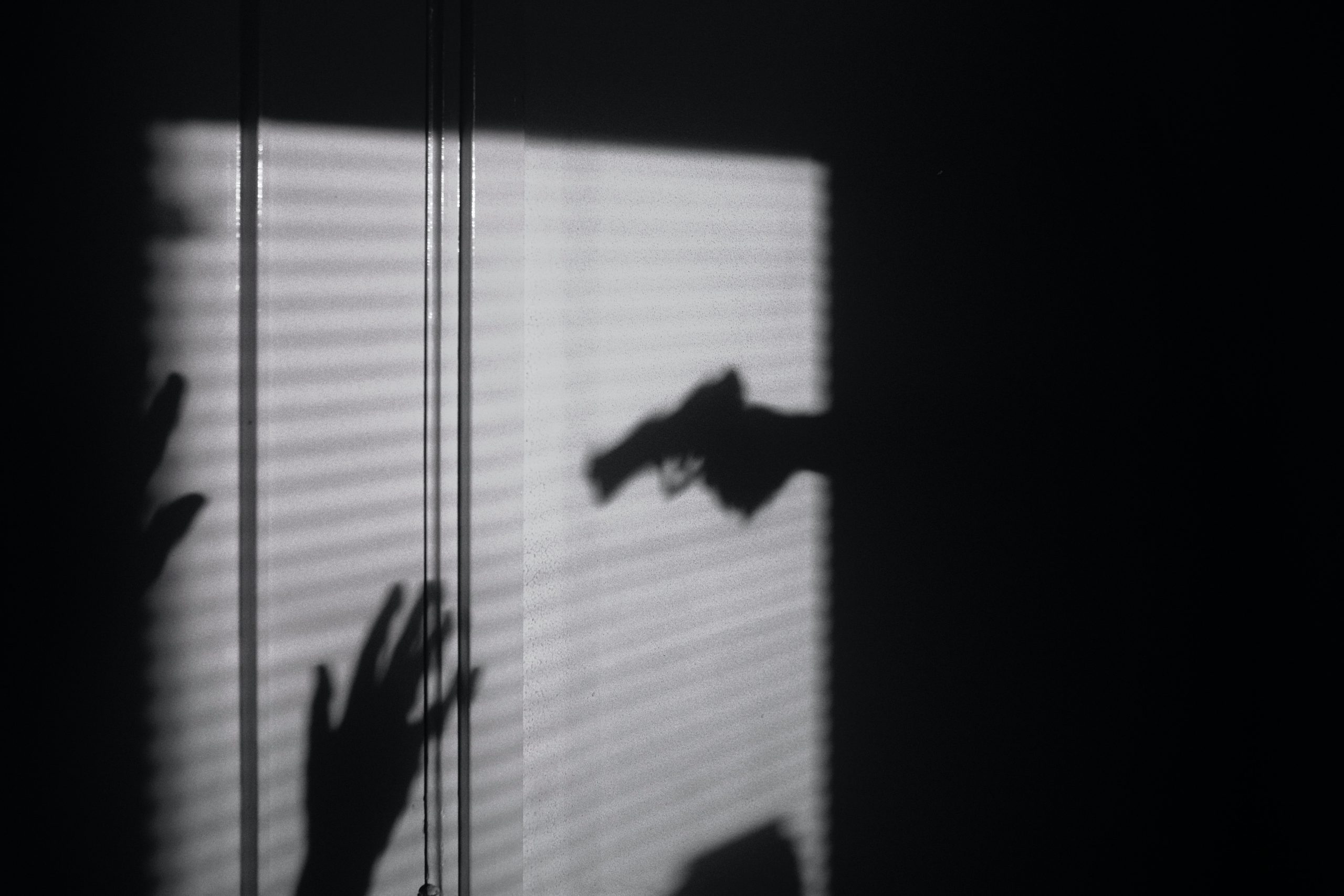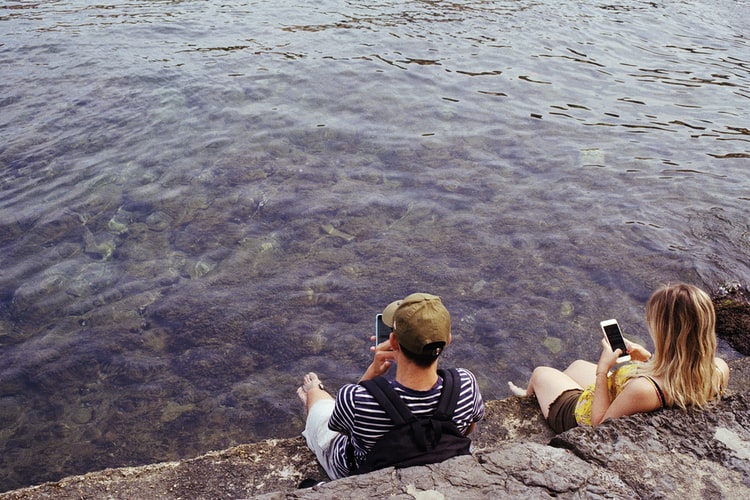Let’s face it, we love True Crime, and Halloween season is the perfect time for it. We watch endless hours of films and documentaries; we pour over books, magazines and newspaper articles; and, of course, we dive into the discourse on social media. On social media we can engage with like-minded fans, and argue with those of differing opinions. We can theorise and research, craving morsels of information about the biggest mysteries, the most horrifying acts, and the cruelest people. The way we consume True Crime has changed, and not for the better.
The worst crimes have always entertained us.
True Crime as a source of entertainment is far from new. Serial killers like Jack the Ripper, or high profile cases like Lizzie Borden’s, were highly publicised in the late 1800s. Newspapers knew full well that they weren’t just informing – they were entertaining. People ate up the terrifying and awful stories. Perhaps inappropriate, but you can argue it’s human nature to enjoy these things. We can enjoy the thrill of the story, whilst not being in danger ourselves. This is the reason horror movies are so popular. The problems come when people go further. Of course people did this too before social media existed. Richard Ramirez, the 80s serial killer known as the ‘Night Stalker’, had many fans who wrote him letters, visited him after his capture and worshipped him. It’s not that they didn’t believe he committed the crimes, they loved him because he committed them.

How has Social Media changed the way we engage with True Crime as entertainment?
The problem with social media and true crime is related to quantity (and perhaps quality). It’s never been difficult to find True Crime entertainment. There are countless pieces of media that were available before we had the internet. But we don’t spend all day, every day staring at books or documentaries, like we do with social media. The algorithm feeds us more of what we like, and unfortunately our brains respond to shock and controversy too well. Even if you weren’t originally a True Crime fan, it’s a little hard to avoid because of its popularity. It’s too easy to get sucked in. As an example, the hashtag #truecrime has amassed 17.9 billion views on TikTok, a platform famous for its extremely addictive algorithm.
True Crime is just another way that social media is desensitising us to real world horrors.
We’re used to our social media feeds being swamped with news of the endless awful things that happen in the world. Too many use it as a platform to behave appallingly to others whilst the world watches on, picking sides and engaging with the hate. This stuff peaks our interest, but we wouldn’t describe it as ‘entertainment’. So we can add True Crime to our social media feeds: awful things presented specifically for our entertainment. So how are we left feeling when our entire social media experience is full of violence and terror? How are a affected? In her article for HuffPost (previously The Huffington Post), Stephanie Barnes describes this desensitisation: “we don’t always have enough time to digest one story before another breaks, we can sometimes end up feeling emotionally numb, helpless and immobile.” Because of the volume of negative information we see, we eventually stop reacting all together, and bottle up the negativity.
We need to consider our morals as well.
The more desensitised we become, the less we consider the feelings of others. Whilst we revel in the sordid details of horrible crimes, it’s easy to forget, or dismiss, that the victims were real people with lives and loved ones, who may still be around today. The recently released documentary from Netflix about the serial killer Jeffrey Dahmer has faced backlash from family members of the victims because they were not consulted before the release of the show, and no permissions were sought. Additionally, facts have been ‘dramatised’ and manipulated for entertainment purposes, with the result of re-traumatising those affected by Dahmer’s crimes. However, despite this, it’s wildly popular, and Netflix‘s most-watched show. People are happy to overlook the harm True Crime can cause if it keeps them entertained for an evening.

Is there a better way to get our True Crime fix?
There’s no ridding the world of True Crime as entertainment, and I don’t think we need to. But the way we engage with it has drifted in to troubling waters, and I think we need to keep on eye on that. As with many things, a step back from Social Media will help. Consuming True Crime entertainment through books, documentaries and films (especially those known to be accurate and sensitive about the topics) is better than TikToks and YouTube videos with facts drawn from the murky depths of the internet for views. Articles from reputable sources should take priority over the random click-bait headlines shared around FaceBook. Even a well-researched podcast whilst you’re out and about will drag your eyes away from your phone, and break the monotony of scrolling. Basically, embrace your True Crime passion out in the real world, and don’t let it become a harmful habit.



